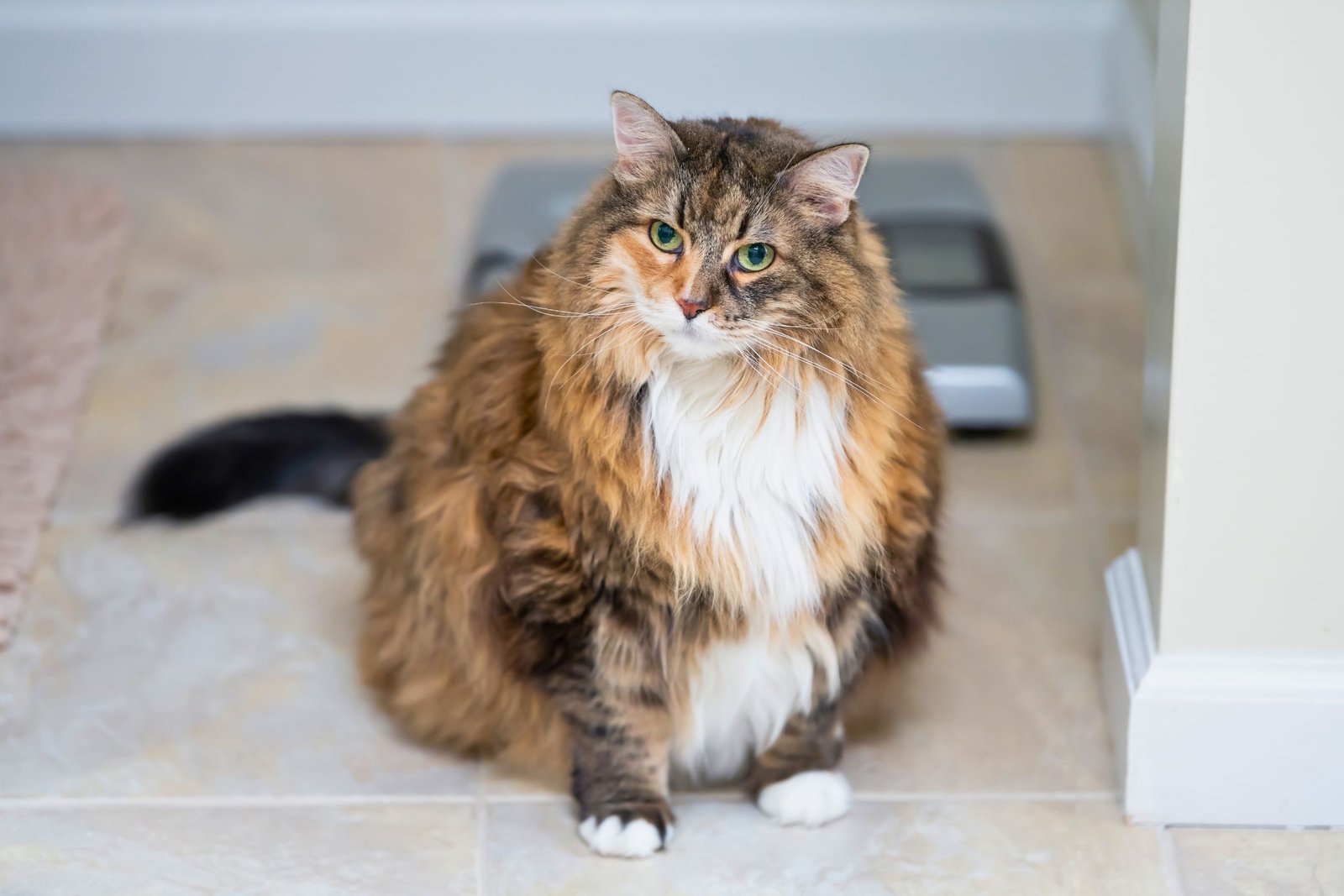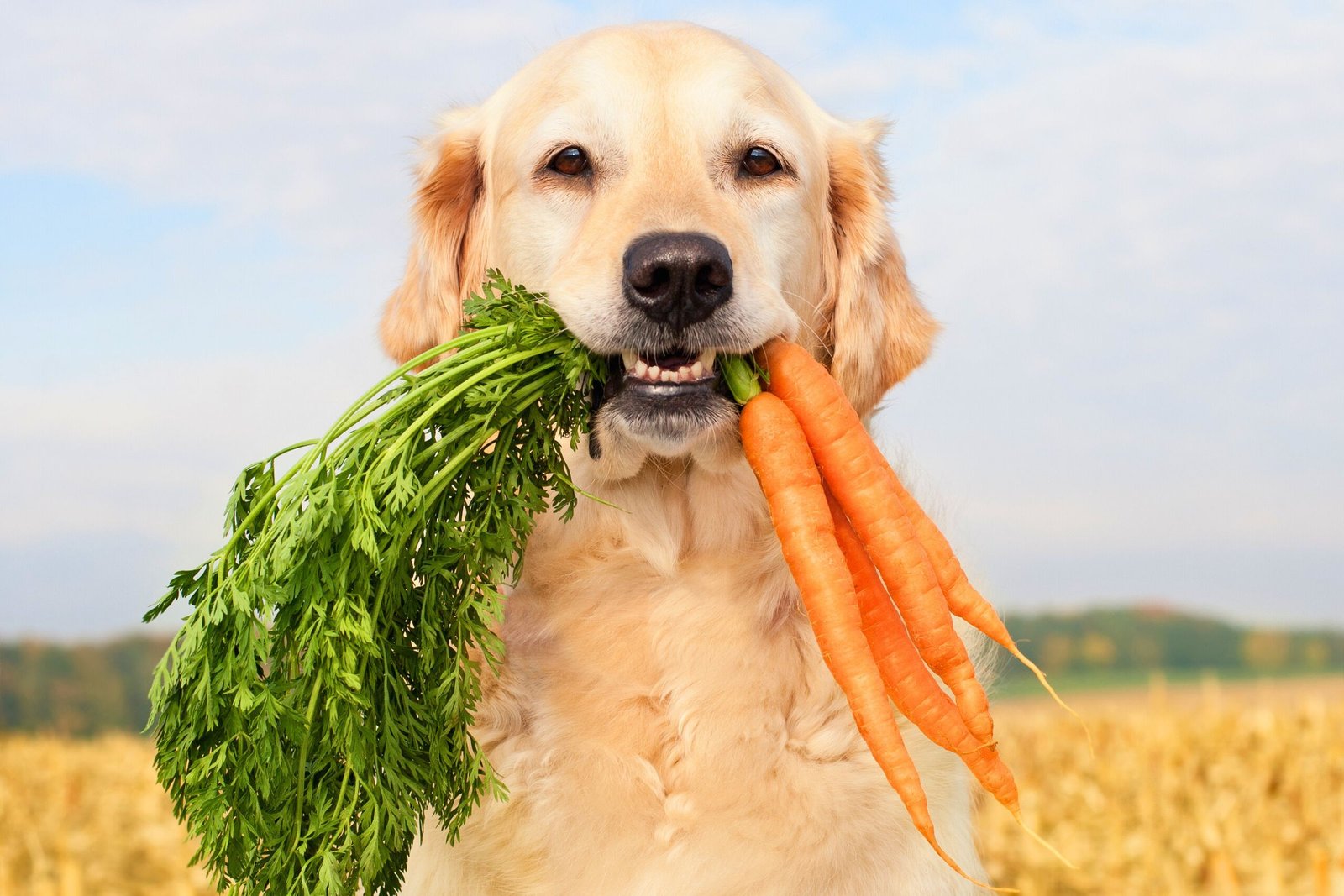When to Be Concerned
While licking is a natural and often affectionate behavior in dogs, vigilant pet owners should be aware of the potential red flags associated with excessive or obsessive licking. Monitoring your furry companion’s licking habits can offer insights into their well-being, as sudden changes in behavior may indicate underlying health issues or heightened anxiety.
Physical Health Concerns: Excessive licking, especially when focused on a particular area, can be indicative of physical discomfort or irritation. Persistent licking of paws, for example, may signal allergies, dermatitis, or even pain. If you observe a sudden increase in licking accompanied by signs such as limping, redness, swelling, or changes in skin texture, it’s crucial to consult with a veterinarian promptly.
Gastrointestinal Issues: Dogs may resort to excessive licking as a response to gastrointestinal discomfort. This behavior might manifest as licking surfaces, objects, or even their own bodies. If your dog is vomiting, experiencing diarrhea, or displaying changes in appetite, it’s essential to seek professional veterinary advice to rule out digestive issues.
Stress and Anxiety: Chronic stress or anxiety can lead to compulsive behaviors, and excessive licking is no exception. If your dog consistently licks in situations that trigger anxiety, such as during thunderstorms or in the absence of a family member, it may indicate a need for behavioral intervention. Consulting with a veterinarian or a professional dog behaviorist can help address the underlying causes of stress.
Environmental Allergies: Dogs, like humans, can be sensitive to environmental allergens. Excessive licking, particularly of the paws and other areas, may be a response to allergies triggered by pollen, grass, or other environmental factors. Your veterinarian can conduct allergy testing to identify potential triggers and recommend appropriate treatment.
Dental Issues: Dental problems, such as gum disease or toothache, can lead to increased licking as a way for dogs to soothe oral discomfort. Regular dental check-ups and dental care are essential to maintain your dog’s oral health and prevent potential issues that may contribute to excessive licking.
Obsessive-Compulsive Disorder (OCD): Dogs, like humans, can develop obsessive-compulsive behaviors. If your dog’s licking becomes obsessive, repetitive, and seems to serve no apparent purpose, it could be a manifestation of OCD. Consulting with a veterinarian or an animal behaviorist can help diagnose and manage such conditions.
In summary, while licking is generally a normal canine behavior, any significant deviation from your dog’s usual habits warrants attention. Pet owners should be attuned to changes in licking behavior and be proactive in seeking veterinary advice when needed. A sudden increase in licking, especially if it becomes obsessive, should be considered a potential sign of an underlying issue that requires professional evaluation and intervention. Regular veterinary check-ups, a balanced diet, and a supportive home environment are crucial elements in maintaining your dog’s physical and mental well-being.








